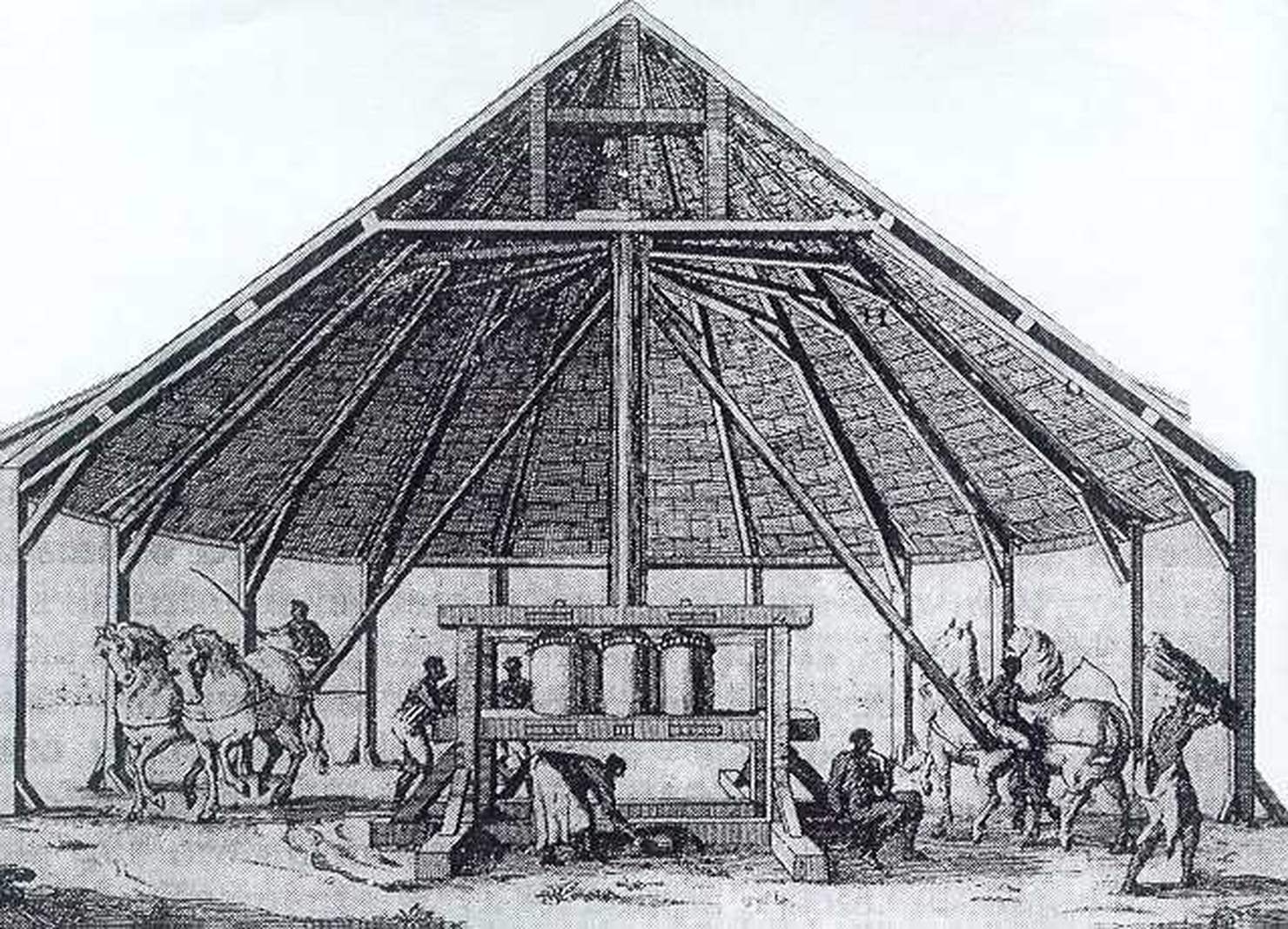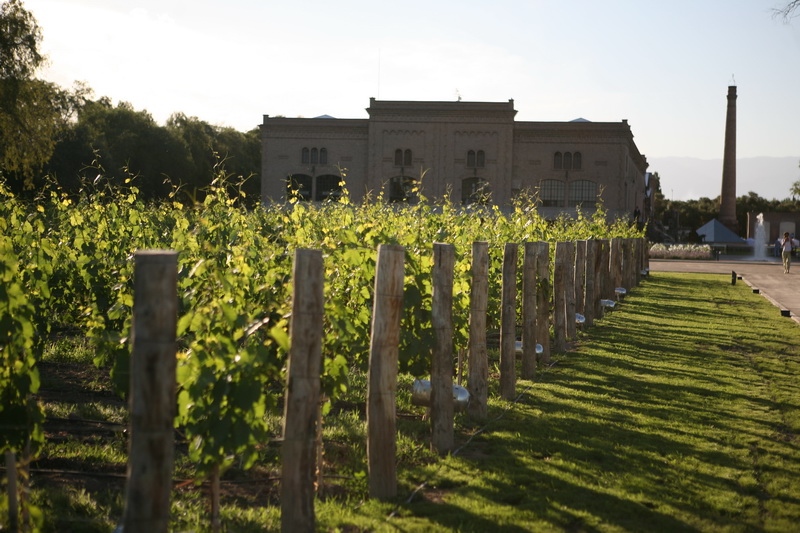|
Trapiche (other) , ruby, sapphire and tourmaline
{{disambiguation, geo ...
A trapiche is a type of mill used to extract juice. Trapiche may also refer to: * Trapiche (Canary Islands), a neighbourhood in the municipality of Arucas, Las Palmas on the island of Gran Canaria * Trapiche, San Luis, a city in San Luis Province of Argentina * Trapiche (winery), a winery in Mendoza, Argentina * Trapiche, a neighborhood in Maceió, state of Alagoas, Brazil * Trapiche, a star-shaped pattern of inclusions sometimes found in gemstones, including trapiche emerald Trapiche emerald is a rare variety of the gemstone emerald, characterized by a six-pointed radial pattern of ray-like spokes of dark impurities. It is one of several types of trapiche or trapiche-like minerals, which also include trapiche ruby, sa ... [...More Info...] [...Related Items...] OR: [Wikipedia] [Google] [Baidu] |
Trapiche
A trapiche is a Mill (grinding), mill made of wooden rollers used to extract juice from fruit, originally olives, and since the Middle Ages, Saccharum officinarum, sugar cane as well. By extension the word is also sometimes applied to the location of the mill, whether the workshop or the entire plantation. Etymology The word has its origin in the Latin ''wikt:trapētus, trapetum'' that means oil mill. From the Sicilian language ''trappituCharles Verlinden & Eberhard Schmitt, ''Die mittelalterlichen Ursprünge der europäischen Expansion,'' tom I de ''Dokumente zur Geschichte der europäischen Expansion,'' Wiesbaden, Otto Harrassowitz Verlag, 1986, pàgina 169, '' the term, crossing the Mozarabs, Mozarab Kingdom of Valencia, Valencia, with its typical change of termination to «-ig» via the Catalan language (''trapig'' -Gandía, 1536-, ''trapitz de canyamel'' -Mallorca, 1466-) has arrived to the other languages of the Iberian Peninsula, Iberian peninsula as ''trapiche.'' In the ... [...More Info...] [...Related Items...] OR: [Wikipedia] [Google] [Baidu] |
Trapiche (Canary Islands)
Arucas is a municipality in the northern part of the island of Gran Canaria, province of Las Palmas, Canary Islands. Arucas is west of Las Palmas city. Its population is 36,852 (2013),Instituto Canario de Estadística , population and the area is . The GC-2 motorway passes north of the town. Sites of interest The Church of San Juan Bautista is the leading architectural and social monument in the municipality. It was built entirely in Arucas stone by local master masons, and it dates from 1909. Apar ...[...More Info...] [...Related Items...] OR: [Wikipedia] [Google] [Baidu] |
Trapiche, San Luis
El Trapiche is a village and municipality in San Luis Province, located in central Argentina. It is found north east of the city of San Luis San Luis (Spanish for "Saint Louis") may refer to:
Places Argentina
* San Luis Province
* San Luis, Argentina, capital of San Luis Province Belize
* San Luis, Belize, in Orange Walk District Colombia
* San Luis, Antioquia, a town and municipality ... .
References Populated places in San Luis Province {{SanLuisAR-geo-stub ...[...More Info...] [...Related Items...] OR: [Wikipedia] [Google] [Baidu] |
Trapiche (winery)
Trapiche is a winery in Mendoza, Argentina. It was founded in 1883 and consists of over 1000 hectares between several Mendoza vineyards. It is a two-time winner of the International Wine and Spirit Competition Argentine Wine Producer of the Year award, and is the largest producer of wine in Argentina. Trapiche is owned bGrupo Peñaflor one of the first ten wine producers in the world. History Trapiche was founded when Tiburcio Benegas bought property in Mendoza in 1883, which contained a small vineyard. Benegas named his property El Trapiche, and grew it to 6,653 hectares. When Benegas died in 1908, his business became Benegas e Hijos S.A., of which his son Pedro Benegas was the chief winemaker. Pedro Benegas created a number of new wines, including Fond de Cave, Broquel, Monitor, Crillon, Puento Viejo, Feudo Viejo, Trapiche Viejo, and Vezely. When Pedro Benegas died in 1943, the company was taken over by his sons and renamed Benegas Hermanos. In 1971, Benegas Hermanos was sold ... [...More Info...] [...Related Items...] OR: [Wikipedia] [Google] [Baidu] |
Maceió
Maceió (), formerly sometimes Anglicised as Maceio, is the capital and the largest city of the coastal state of Alagoas, Brazil. The name "Maceió" is an Indigenous term for a spring. Most maceiós flow to the sea, but some get trapped and form lakes ("lagoas", in Portuguese). There are numerous maceiós and lakes in this part of Brazil; because of this, the city was named Maceió, and the state, Alagoas. The new Zumbi dos Palmares International Airport connects Maceió with many Brazilian cities and also operates some international flights. The city is home to the Federal University of Alagoas. Etymology The name "Maceió" has origin in the term ''tupi maçayó'' or ''maçaio-k'', that means "what it covers the swamp". The Aurélio Dictionary says that the term "maceió" means a temporary and cyclic lagoon that is located at the edge of the sea at the mouth of a watercourse small enough to be interrupted by a silicate bar until the high tide opens the way temporarily cyclicall ... [...More Info...] [...Related Items...] OR: [Wikipedia] [Google] [Baidu] |



